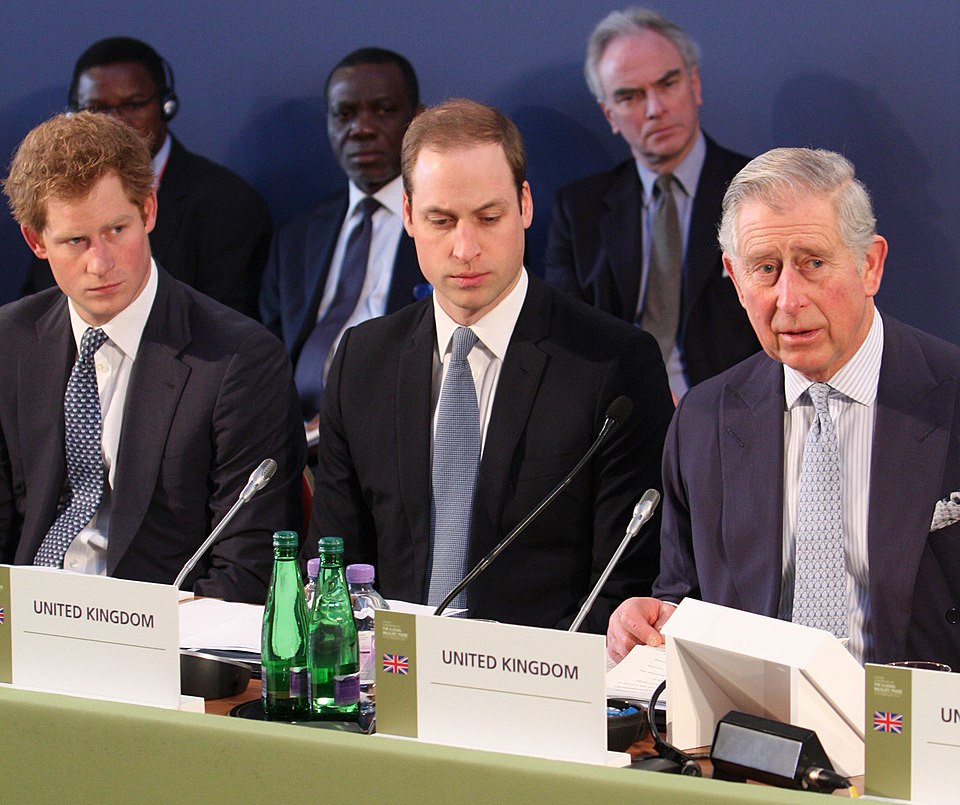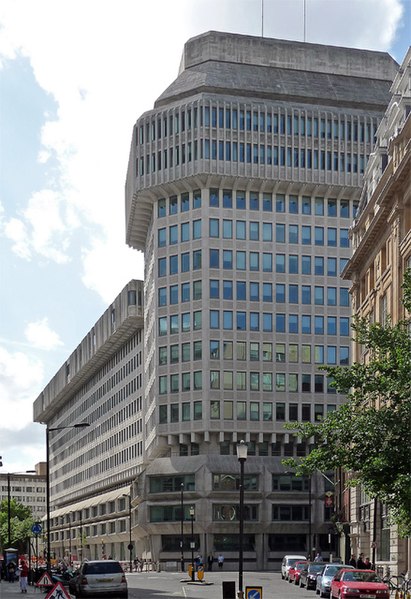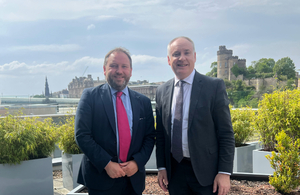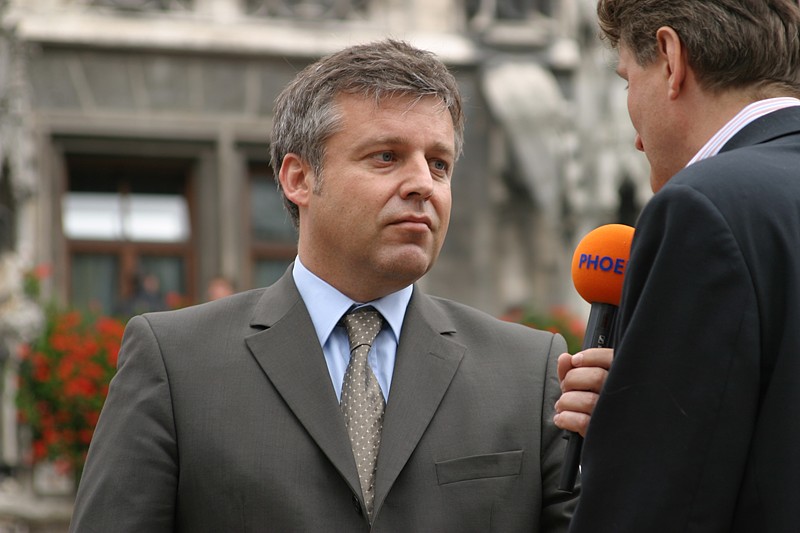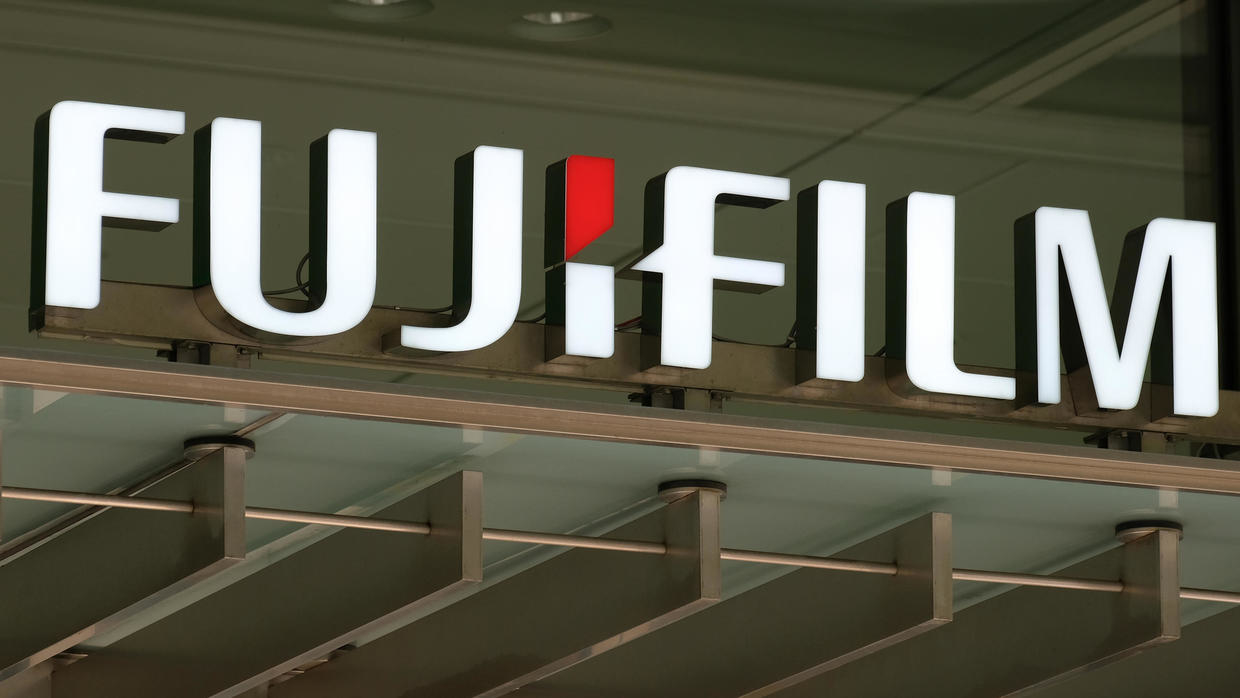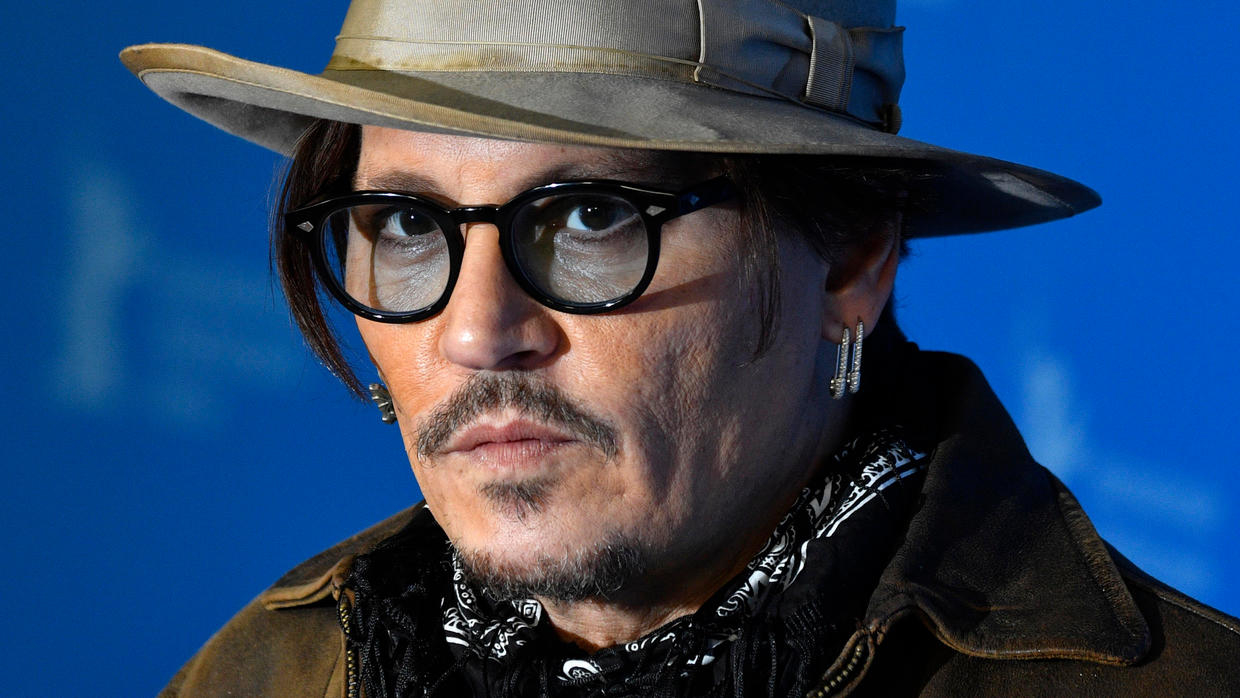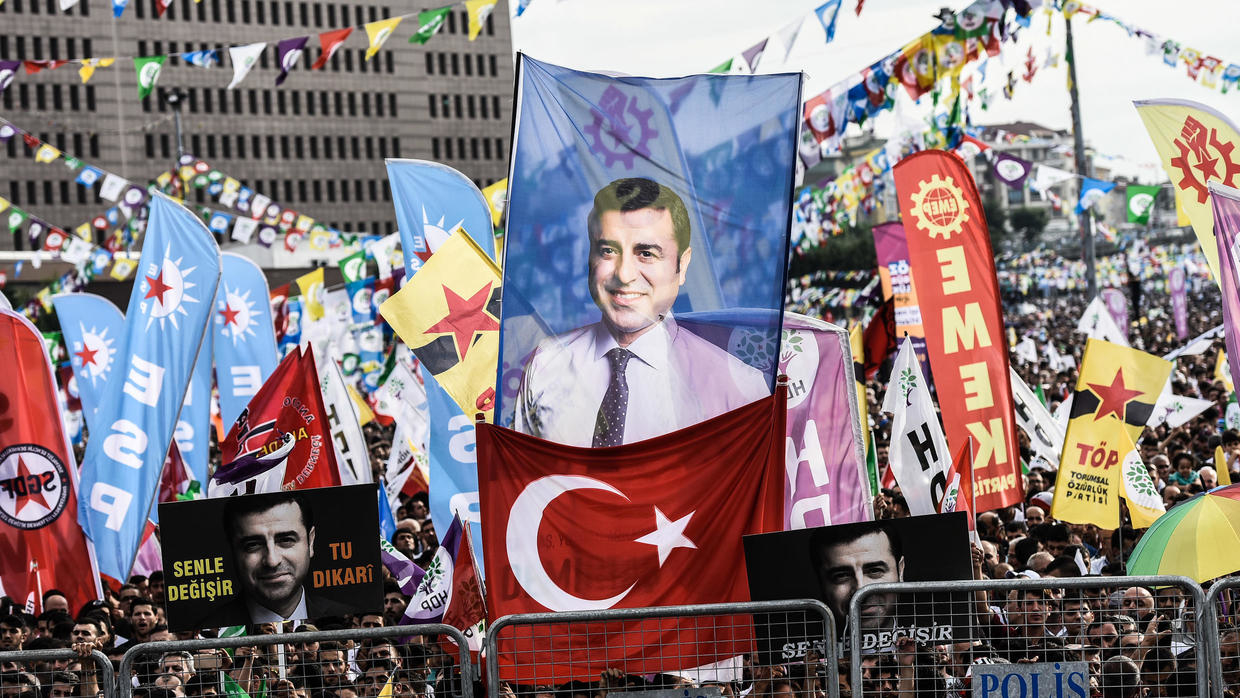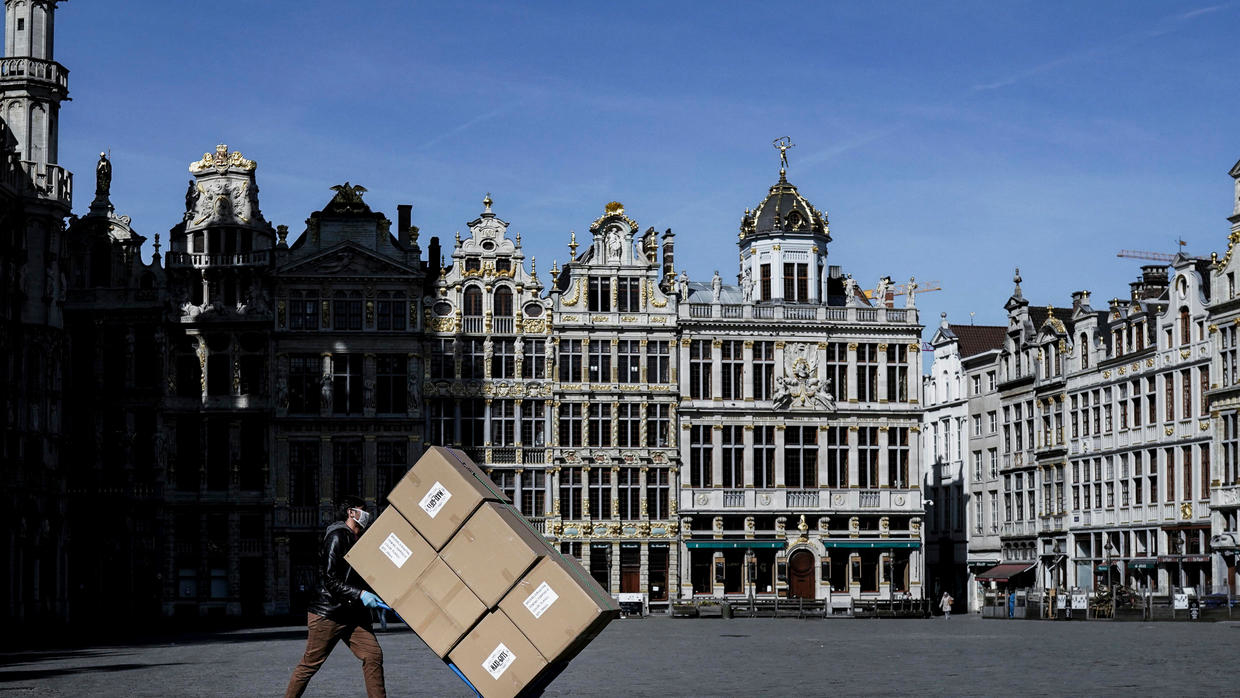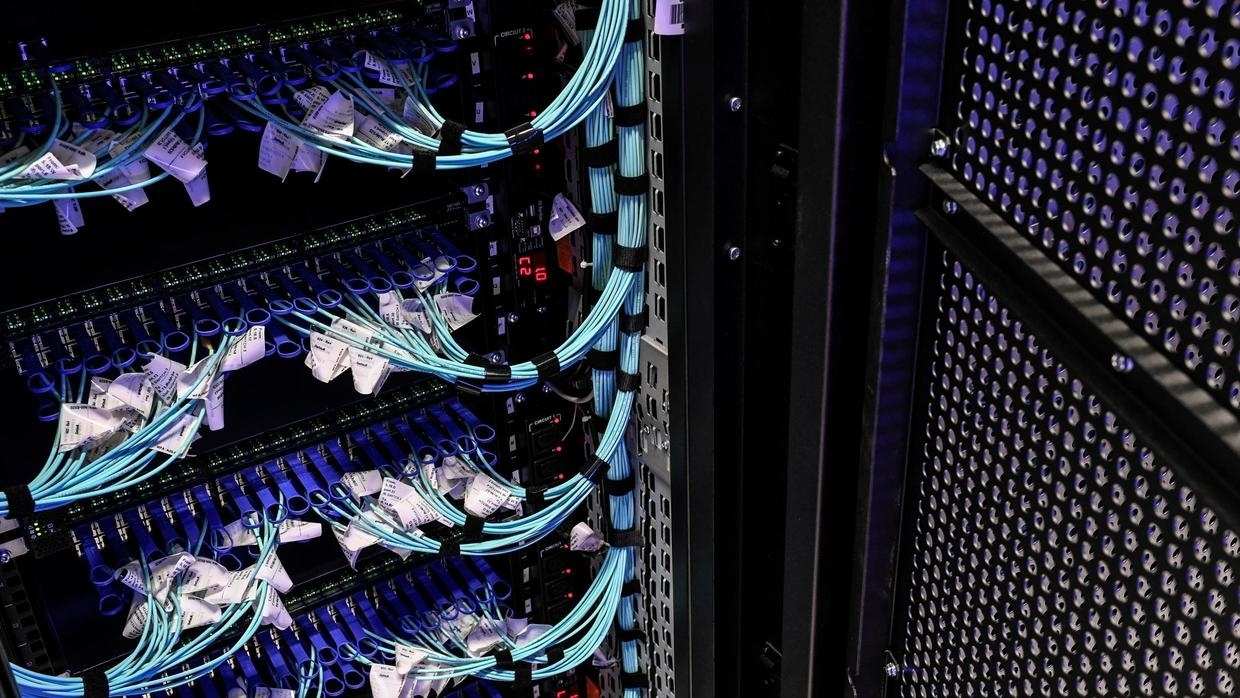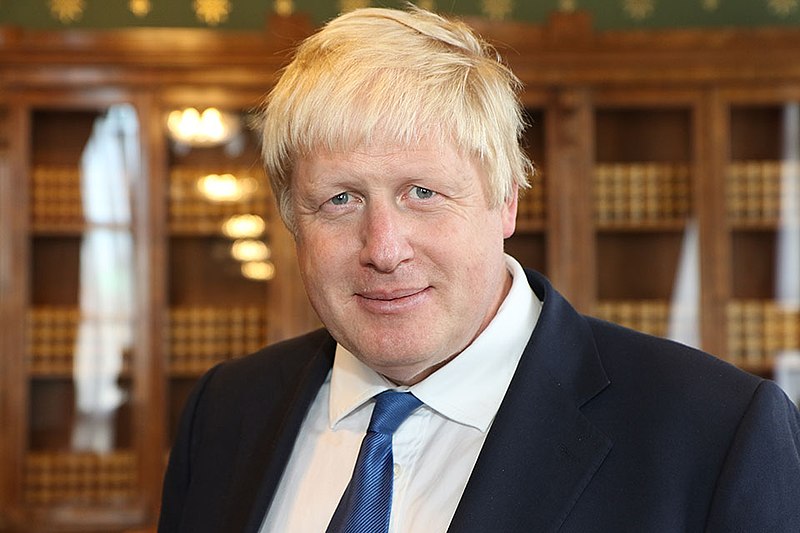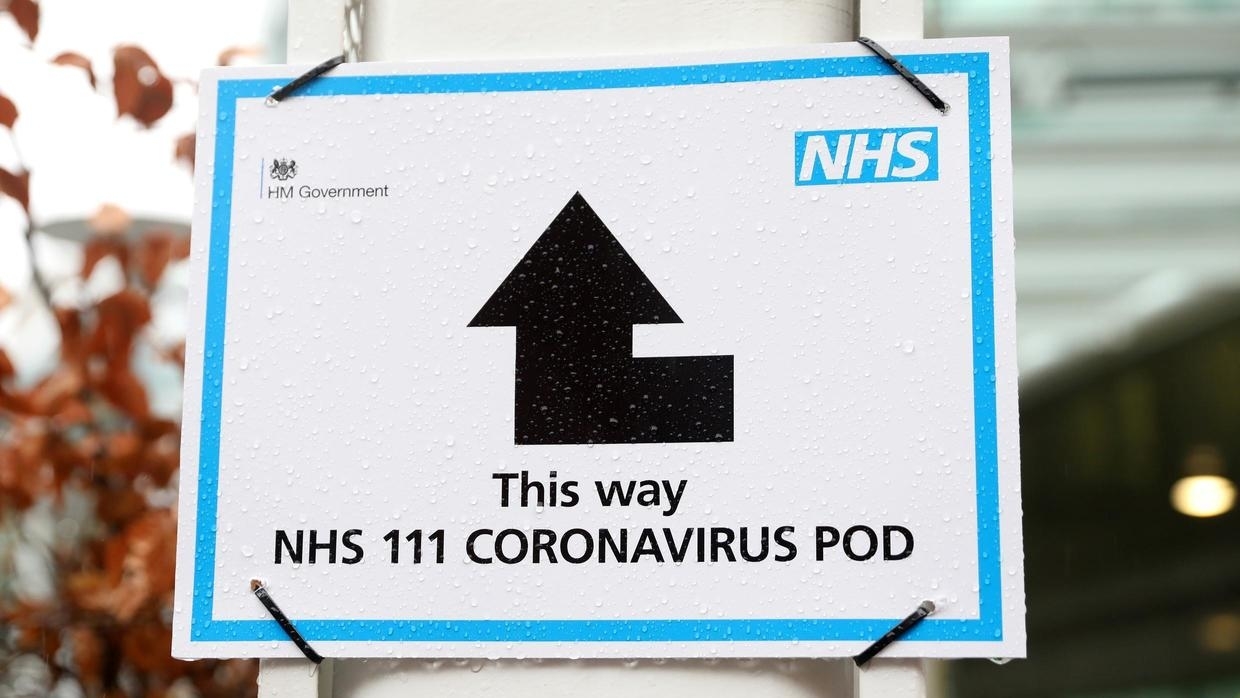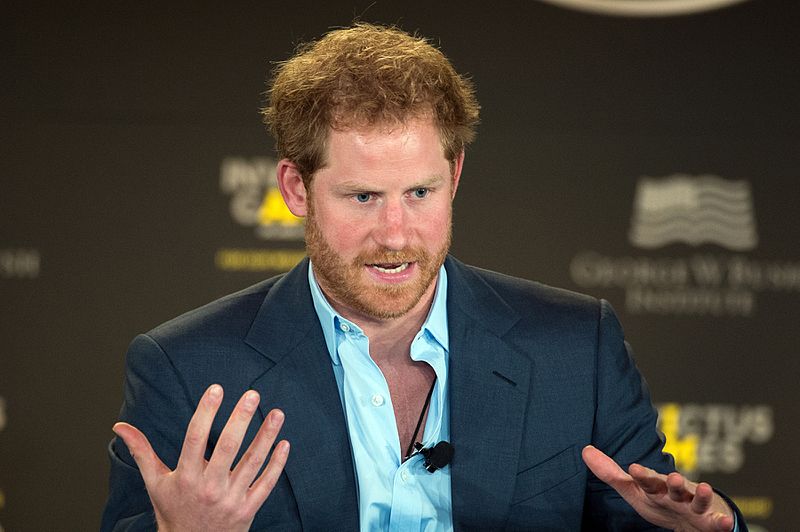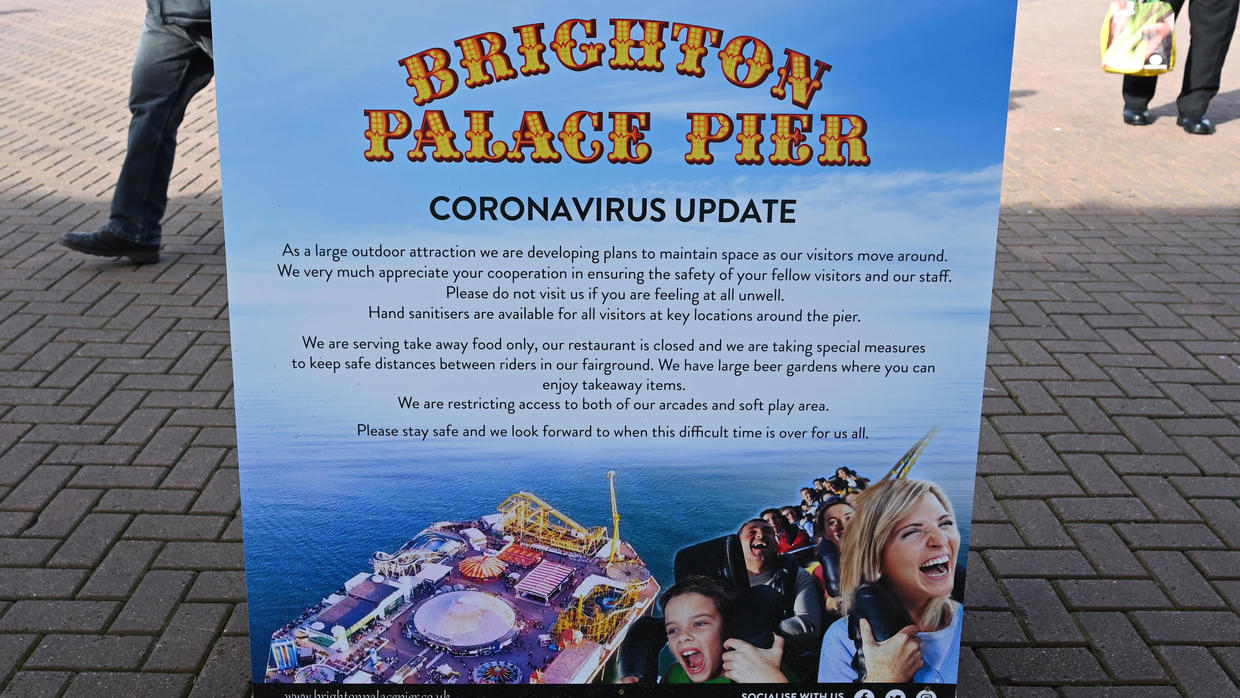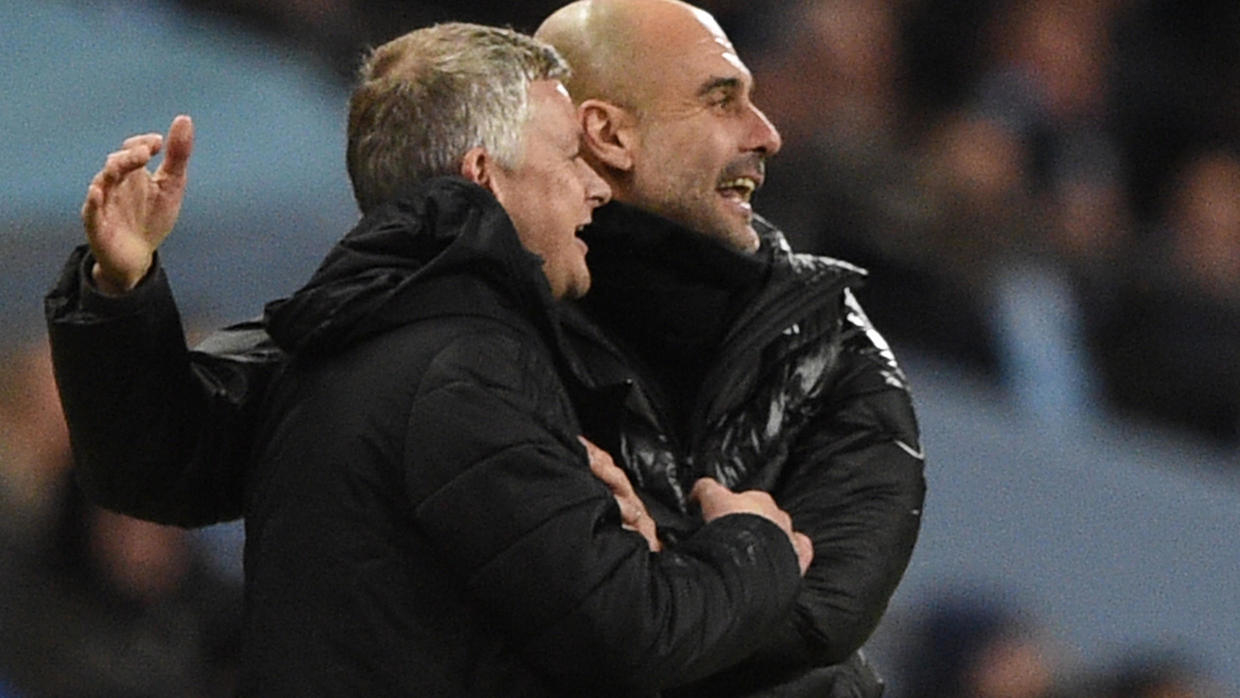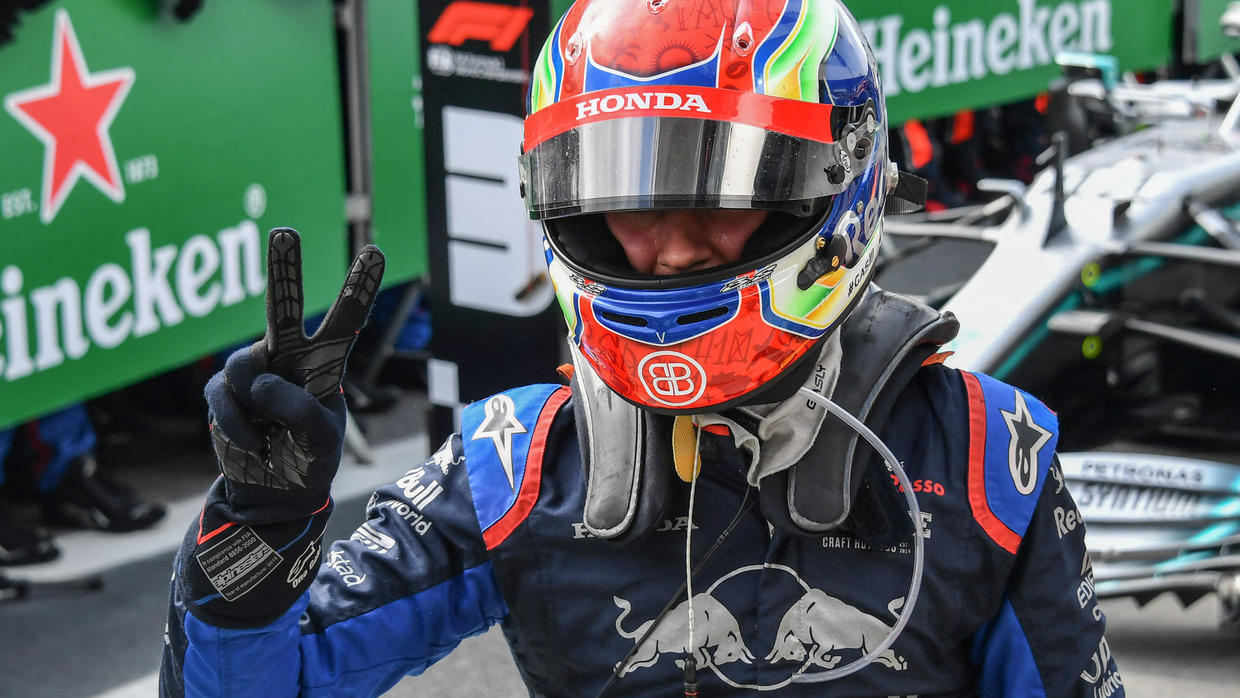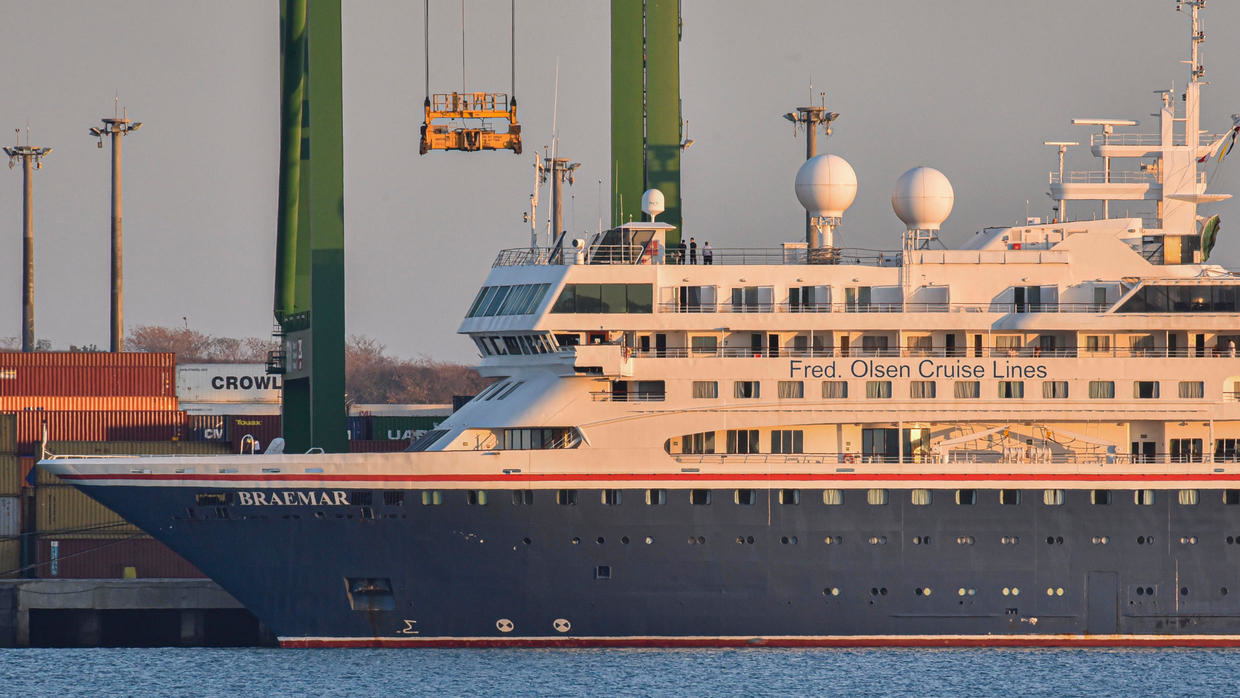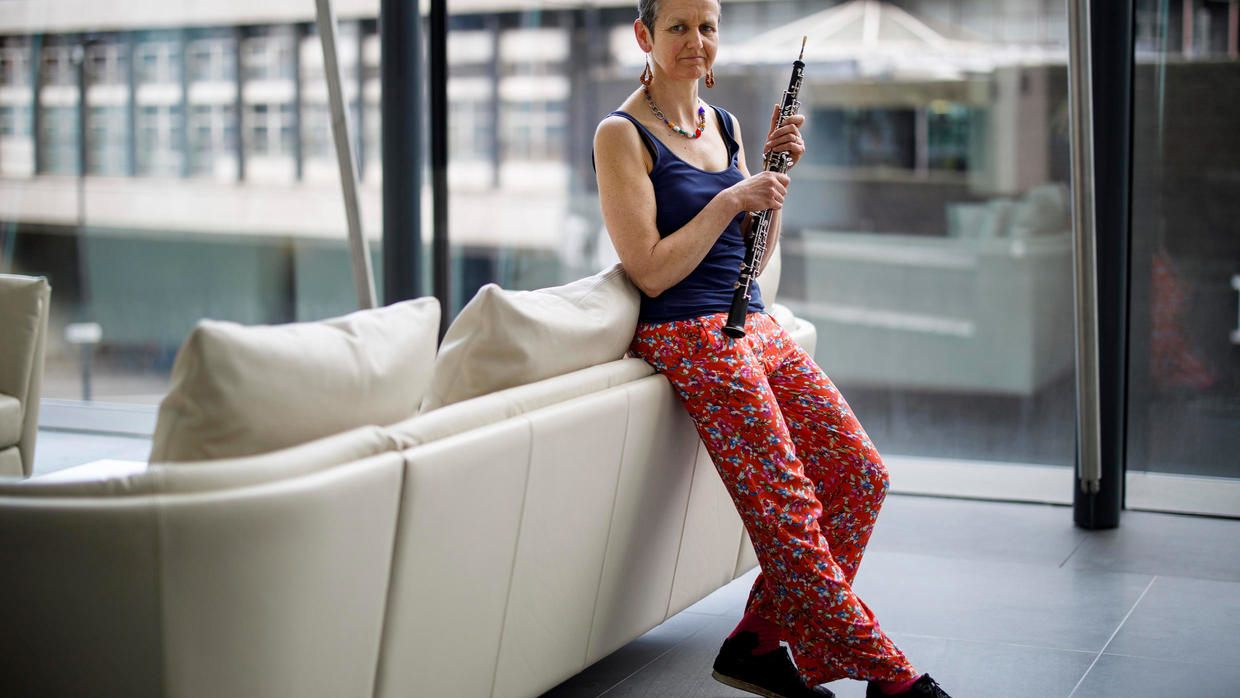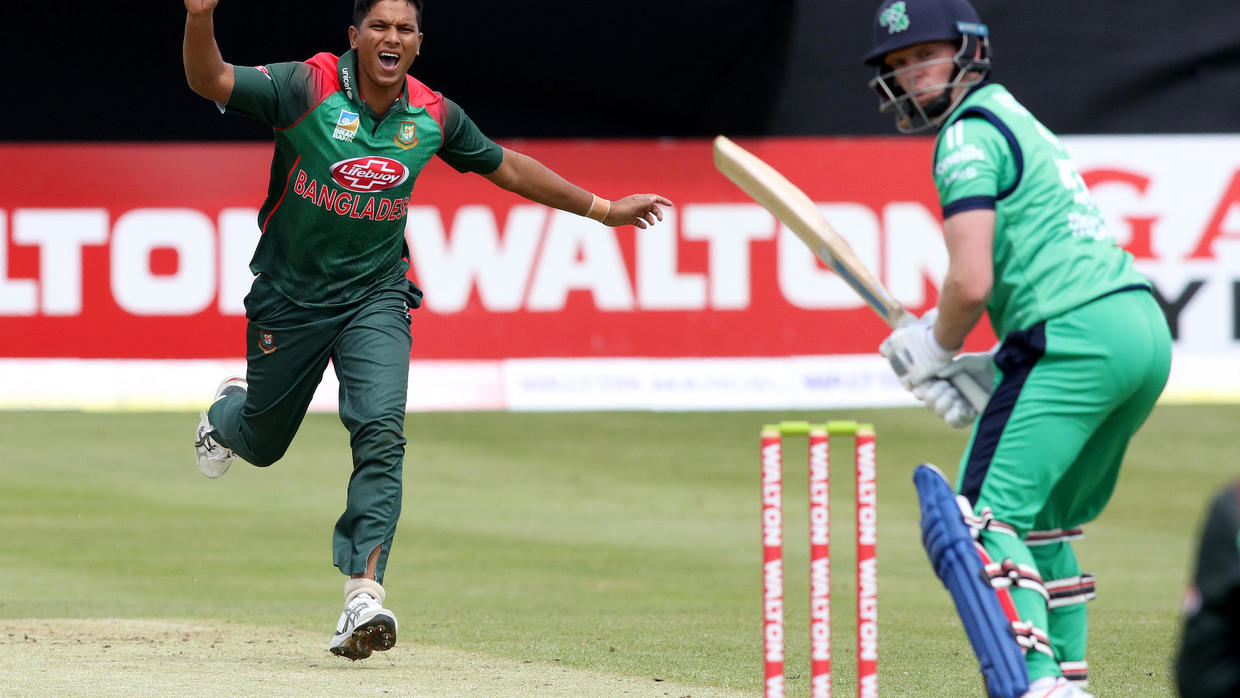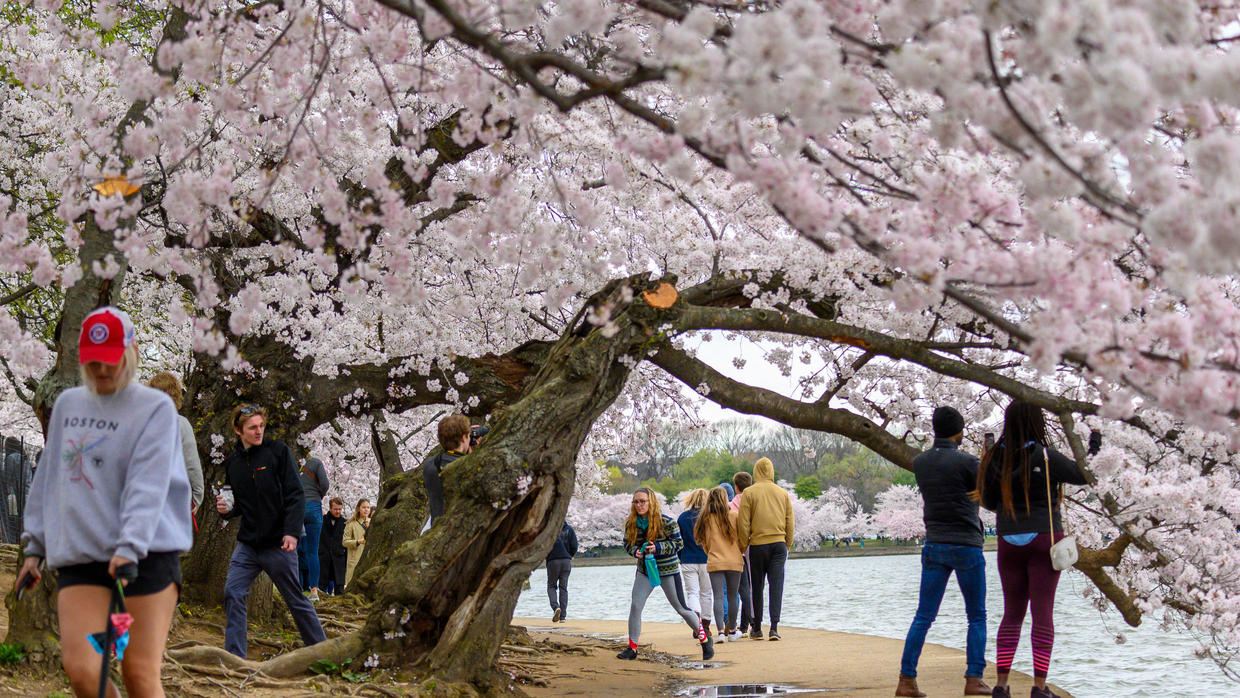
The targets of the Salisbury poisonings, Sergei Skripal and his daughter Yulia, will not be called to testify at the upcoming public inquiry due to concerns that they could
be targeted by Russian spies again. The judge overseeing the inquiry, Lord Hughes of Ombersley, has ruled that the former Russian double agent, 73, and his daughter, 39, should not give evidence remotely either, as this could expose their location to Vladimir Putin’s agents.
Additionally, Lord Hughes has mandated that video and audio recordings of the Skripals’ police interviews should not be played during the inquiry, as these could potentially reveal identifiable details about them, such as their mannerisms and speech, which could help Russian operatives track them down.
In an unprecedented move, sensitive documents submitted to the inquiry will be redacted before being uploaded to its IT system. This measure is intended to prevent the Kremlin from hacking into the system to gather information that could be used to compile a hit list of British intelligence officers, including those from MI5, MI6, and counter-terrorism units.
The Salisbury poisonings occurred in March 2018 when Russian agents allegedly smeared the nerve agent novichok on the front door of Sergei Skripal's home in Salisbury, Wiltshire. While the Skripals survived the attack, Dawn Sturgess, a 44-year-old mother of three, tragically died after coming into contact with the poison, which she believed was perfume.
Sturgess had sprayed the nerve agent, which was disguised in a Nina Ricci Premier Jour bottle, on her hands and face. Authorities believe two Russian GRU officers discarded the contaminated bottle near the Skripals’ residence, where Sturgess’s partner, Charlie Rowley, found it and brought it home.
Following the 2021 inquest into Sturgess’s death, then-Home Secretary Priti Patel converted it into a public inquiry, allowing for classified information to be reviewed in secret. The inquiry, which begins next month at Salisbury Guildhall, comes more than six years after Sturgess's death and after years of legal wrangling behind the scenes.
Sturgess’s family, including her two sons, daughter, and partner, had hoped that the Skripals would be called to testify in person, as they have unanswered questions about the events that led to her death. However, Lord Hughes determined that the risk of another physical attack on the Skripals was too great, stating, "An attack similar to that which appears to have taken place in 2018 remains a real risk."
The judge also expressed concerns about the Skripals’ security if they were to provide remote testimony, even from a secure location, explaining that transporting them to and from such a place posed significant risks.
In a further effort to protect sensitive information, police interview footage of the Skripals will not be shown in public, as it could give Russian agents clues about their current identity through their physical appearance and speech patterns.
Government lawyers have also warned that Russian hackers, who are suspected of infiltrating previous inquiries, such as the World Anti-Doping Agency’s 2015 probe into Russian athletes, could target the inquiry’s IT platform, Relativity. They argued that even if sensitive names are not publicly disclosed, Kremlin operatives could still breach the system and obtain classified information.
Cathryn McGahey KC, representing the Home Office, stated that Relativity has some security controls but emphasized that they are inadequate to guard against cyber-attacks from a "sophisticated actor" like Russia. She noted that Russian intelligence would likely be interested in the identities of British officers involved in the response to the Salisbury poisoning, particularly those now working on operations against Russia in Ukraine.
In 2018, Scotland Yard charged two GRU officers, using the aliases Alexander Petrov and Ruslan Boshirov, with the attempted murder of the Skripals and the poisoning of two Wiltshire police officers. A third Russian, Sergey Fedotov, was charged three years later in connection with the poisoning. However, none of the suspects have been charged in connection with the death of Dawn Sturgess.
Sturgess's family has expressed frustration with the delay in the inquiry, with their lawyer, Michael Mansfield KC, writing that they "know no more about Dawn’s death than the day the inquiry was announced" and that they have not been able to grieve properly. Photo by JackPeasePhotography, Wikimedia commons.






